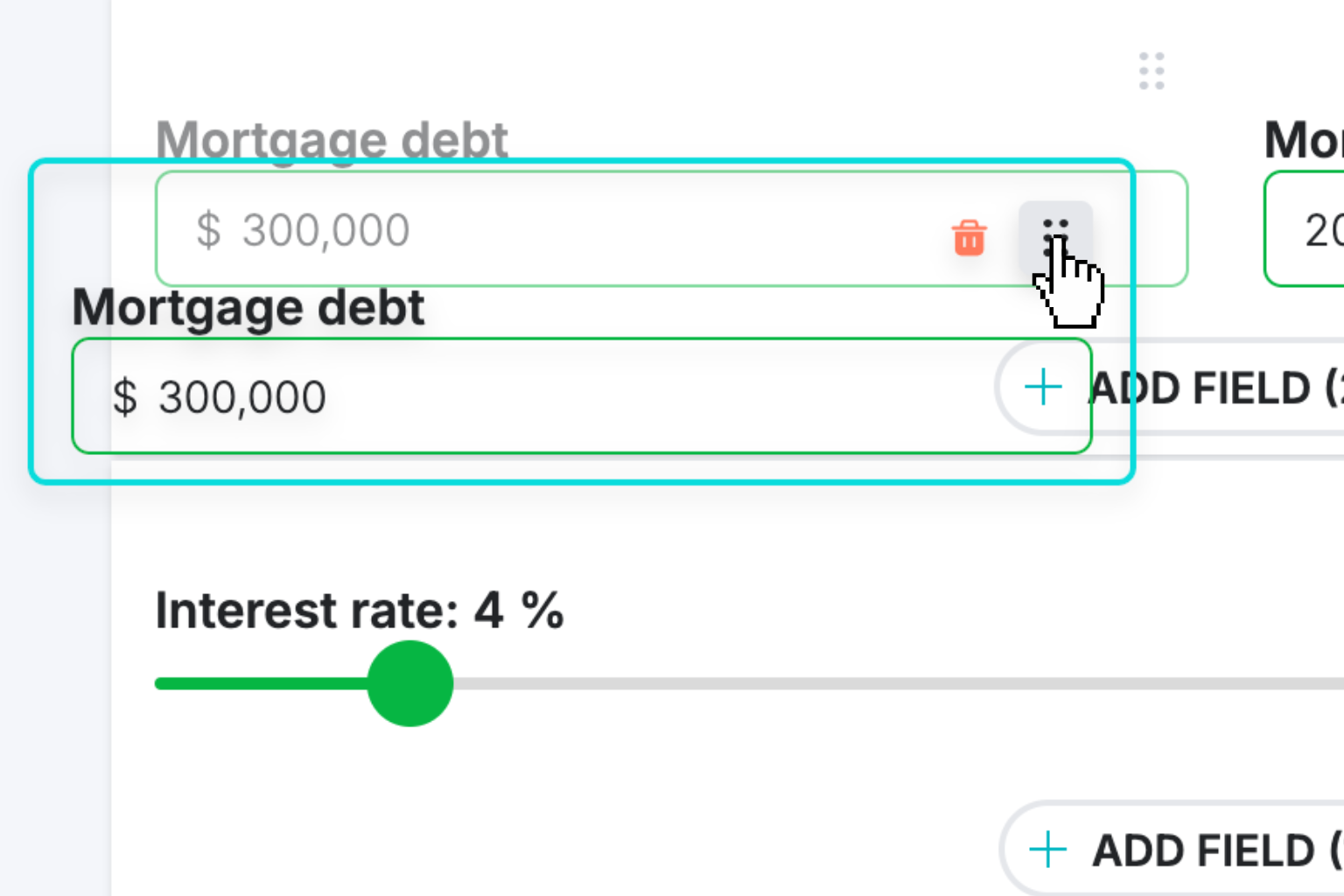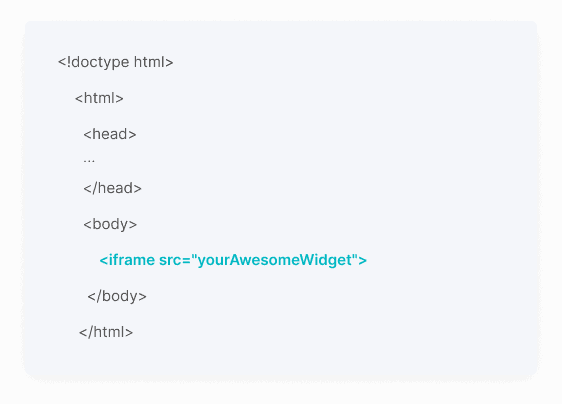Marginal Cost Calculator
Quickly find the cost of making one more unit to optimize your production and pricing decisions.How Marginal Cost Calculator Works
Marginal cost shows you how much extra it costs to produce one additional unit of your product. This simple calculation helps you make smarter decisions about how much to produce and what price to charge.
It's particularly useful when you're already covering your fixed costs and need to decide whether increasing production makes financial sense. The calculation focuses only on variable costs — things like materials, hourly labor, and utilities that change with each unit you make.
Businesses use marginal cost in pricing decisions, production planning, and evaluating profitability. If your marginal cost is $5 per unit but you can sell that unit for $8, you're making a $3 contribution to your profits. When marginal cost equals your marginal revenue (what you earn from selling one more unit), you've found your optimal production level.
Marginal Cost Calculator Formula Breakdown
Formula
Marginal cost = Change in total cost ÷ Change in quantityVariables Explained
- Change in total costThe difference between your total production costs before and after increasing output. This includes only the additional variable costs like raw materials, direct labor, and utilities needed for extra production. Fixed costs like rent and insurance don't change, so they're not included in this calculation.
- Change in quantityThe number of additional units you're planning to produce. While this is typically one unit for true marginal cost, you can use any quantity increase (like 10 or 100 units) and divide by that number to get the per-unit marginal cost.
Example Calculation
Given:
- Change in total cost: $500
- Change in quantity: 200 units
Calculation:
Marginal cost = $500 ÷ 200 units = $2.50 per unitResult:
$2.50Explanation
This example shows a manufacturer who wants to increase production by 200 units. The additional materials, labor, and utilities will cost $500 total, making each extra unit cost $2.50 to produce.
Tips for Using Marginal Cost Calculator
- 💡Focus only on costs that actually change with production — don't include fixed costs like rent, insurance, or salaries that stay the same regardless of output.
- 💡Calculate marginal cost regularly as it can change based on economies of scale, supplier pricing, or production capacity constraints.
- 💡Compare your marginal cost to the selling price to ensure each additional unit contributes to profit — if marginal cost exceeds your selling price, increasing production will hurt profitability.
Make Your Own Web Calculator in 3 Simple Steps
Create Interactive Calculator
Design your interactive calculator in under 5 minutes using our drag-and-drop builder.Preview & Generate Embed Code
Review your calculator and copy the embed script when you're satisfied with the results.Embed Calculator Into Your Website
Paste the code into your website's HTML. Works on WordPress, Shopify, Wix, and any platform. EugenCreator of Creative Widgets
EugenCreator of Creative Widgets“After 10+ years in digital marketing, I’ve built calculators that drove thousands of new leads for clients. I realized one thing: calculators convert. They're killer for CRO and great for SEO. That's why I built Creative Widgets—an easy, no-code calculator builder. ”
It's free. Try it out. You'll like it.




